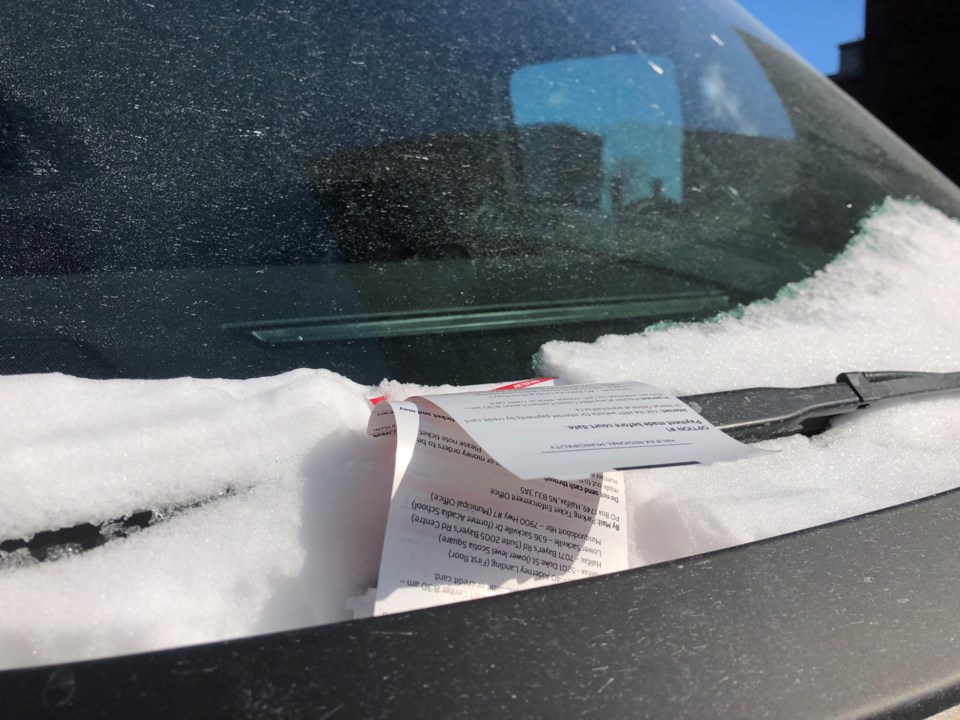Mike Devine said he understands why Queen Street business owners are going "ballistic" over the apparent lack of parking in Hespeler's core knowing it's a lack of enforcement that's putting a strain on what is available.
The Ward 2 councillor was commenting during Tuesday's council meeting on a city-commissioned parking study that concluded there is no need to create additional parking to satisfy projected future parking demand.
The study identified 294 available spots for parking in on-street spaces and off-street lots and observed that the average parking duration in a majority of those areas exceeded time-limit regulations.
Devine said he's very rarely seen public lots by the bank or the library full.
"But as a general rule of thumb, we've got to be able to control the parking a little better."
He said the thing that's disturbing, especially for business owners who say there isn't enough on-street parking is the fact that "people are allowed to park there all day and they don't get a ticket."
Half of the vehicles taking up those spots are owned the business owners or their employees, he said.
Devine suggested staff be more creative in looking for parking areas that better serve the core, making mention of the Cooper Street lot next to St. James Church which often has only one or two vehicles in it.
Coun. Adam Cooper said better signage would help direct people to underutilized lots, especially those who aren't familiar with the core.
People are used to looking for "those big green parking signs," he said.
As a result of the Hespeler parking study, the city's director of engineering Kevin De Leebeeck said city-wide parking enforcement strategies will be reviewed.
"Knowing that we came out of the pandemic, parking enforcement was a little bit different," he said. "And people may still be adjusting to the new normal that we are now."
Coaching toward compliance would be the strategy De Leebeeck is most in favour of implementing in the short term. The other would be to create an automated process using parking enforcement technologies.
De Leebeeck said the city can also consider introducing paid parking for those that require long-term parking and increasing the supply of monthly parking permits for residents and workers in the core.
The city will also add the spaces identified in an informal lot at 10 Guelph Avenue to the parking inventory for Hespeler.
De Leebeeck said a further review of the lot will consider grading issues and any necessary improvements.

